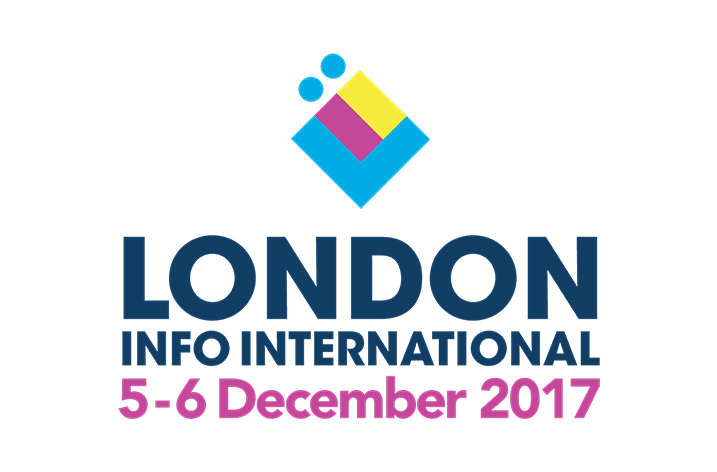
Confirming our latest opening keynote: 6th December
Danny Kingsley, Deputy Director of Scholarly Communication University Library, University of Cambridge, Head of Scholarly Communications, University of Cambridge
So did it work? Considering the impact of Finch 5 years on
Looking at different open access policies it becomes clear that the institutions and funders behind them ‘believe’ that open access will benefit research and society. With the publication of the Finch Report in 2012, the UK embarked on one of the most expensive open access experiments in the world with the RCUK Open Access Policy. This was with the goal of increasing access to UK research and acting as a transition for journals ‘flipping’ to an open access model. So how has it gone? Certainly more UK research is openly accessible but publishers are no closer to flipping. In fact, it could be argued that the main outcome of the RCUK policy transition period is that it has given large publishers time and space to adapt their practices. Manipulation of embargo periods, confusing information, and a graduated charging system for different licenses all work towards ensuring a second income stream. Far from moving to an open access future we seem to be trapped in a worse situation than we started. It is time to move away from belief – let’s consider the evidence.
What types of people and organisations will be at LII 2017?
Library Directors, Heads of Library, Heads of Information, Information architects, Heads of Research, Senior Patent Analysts, Directors of Platform Management, Heads of Rights and Licensing, Chief Science Officers, Knowledge Managers, Information Scientists, Content Directors, Open Access Managers, Head of Insight, Intelligence Head, Heads of Publishing, Chief Technical Officer, CEO, Publishing Directors, Publishers, Senior Editors, Researchers, Lecturers………. fromPublishers, Legal, Big Pharma, European Commission, Banks and Financial Institutions, Charities, Professional Services, Utilities, Healthcare, Government, Science, Subscriptions, Technology, Standards, Education and Labour organisations and a wealth of others.



























